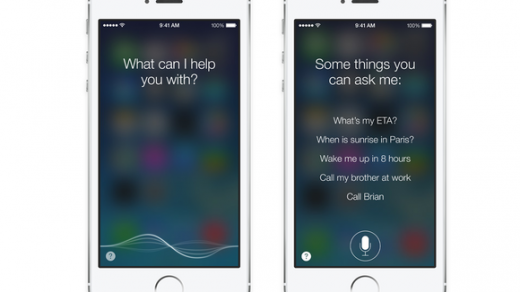Lets get into spelling errors and how they effect us when it comes down too our ability to judge messages. Now if you were to correct me on the faulty use of lets, effect and too you are completely right for doing so, because there are plenty of benefits in correcting someone’s mistakes. Corrections offer us an opportunity to learn and better ourselves. In reality though no one is waiting for you to correct their spelling or grammar mistake if you completely understood what message was tried to be conveyed. If you mainly were concerned about how those words didn’t mean what I thought they meant, but you did understand which words should be in their place and you could not overcome the urge to correct me, then you are a proficient speller, but a terrible conversation partner.
Before diving into how proficient spellers are lousy conversational partners, let’s look at spell check for a minute. It performs a fairly simple task. It checks whether a string of letters is a real word or a non-word. A non-word can be corrected to become a real word by deletion, insertion, substitution or swapping of letters. Say I write substituion, insertion of the letter ‘t’ would be sufficient and yield a very probable solution. Humans are able to perform the same judgement task. It is part of our language comprehension skillset. However if the huamn mnid deos not raed ervey ltteer by istlef, but the wrod as a wlohe, spelling does not seem to be of utmost importance for language comprehension. Now if your brain is able to parse raed as read this also means your brain is not the one to correct you if it is spelled wrong. A brain if you allow it, will autocorrect any mistakes in order to extract the meaning of an utterance, because comprehension refers to interpreting and understanding an utterance. Resolving spelling serves a purpose, it is not the goal.
Enter educational institutions and rule learning that shift the focus of resolving these perceptive issues into the scope of comprehension. Spelling errors are now a benchmark for what constitutes a proper message. If the error exceeds one, the value of the message gets diminished to being wrong. This in no way reflects comprehension as linguistically understood, but schools need a way to easily test language skills and the spelling of words is standardized and therefore easily graded. High grades in turn are associated with a better understanding of subject matter. By implementing this appraisal to spelling the educational system has convinced people that only without spelling errors conversations are valid.
Today your limitations to converse with people all over the world are only limited by their accessibility to the internet. You will be able to discuss anything with anyone and find yourself coasting through internet abbreviations, smileys, emoticons, GIF´s and mOcKinG SpOnGEbOb texts, but judge someone on their ability to differentiate between there, their and they´re as this is something schools have conditioned you to value in a different manner. School made you disregard the message and focus on the mistake. It has made you a proper spell check, but a lousy conversation partner if you were to correct the mistake instead of replying to the contents of the message.
There is a term for people who focus on those mistakes, which I don´t like and will omit. However we can help them. The easiest way to do this by thanking them for pointing out the mistake and directing their attention back to the message. In that way, slowly, they might start believing it was never about the spelling. We cannot leave this too schools alone, because this is yet another year in which I am writing spelling exercises I do not support.



For me, spel cheque has always been useful but I also felt it made me more lazy. However, reading your blog, I have a new found appreciation for its ability to help people convey their message clearly and without judgement.
I love this post. As a dyslexic person i completely agree with your post. I send my sister a christmas card and the first thing she mentioned was a spelling mistake on the card wich really made me feel down and thinking “i give you a christmas card and the first thing is that i made a spelling mistake and not that i gave you a card”. It can be realy frustrating especaly as a dyslexic person that knows that he makes spelling mistakes to just point that out directly in place of just thinking about how nice it is that i gave you a card.